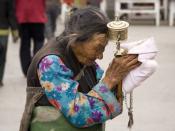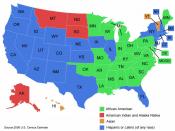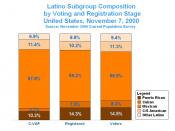It was not long ago that we as a society, viewed elderly as a valued citizen. Historical research shows that the treatment of older people varied from time to time and place to place. All past societies have one thing in common-none of them had the number of older people present in society today. None of them had a respond to the rapid population aging that we will see in the next fifty years. Aging in the future will differ from society to society as it did in the past. The developed and developing nations, for example, will encounter and respond to different challenges. The wealthier nations will need to use resources wisely to serve a growing older population. The poorer nations will struggle to provide a decent life for their larger populations, both young and old. In every case, aging populations will influence politics, economics, the family, and other social institutions.
Older people do best when they give to their society. They get the highest esteem when they contribute to society and express themselves. Older people served as matchmakers in China and Japan; they served as spiritual and community leaders in early America. They still serve as ritual leaders among the Coast Salish Indians. When older people played useful roles, they contributed to society and received respect.
The aging of the older population will lead to change in what demographers call the total decency ration. This is the ration of the 0 to 14 and 65 and older groups to the rest of the population. This ratio gives a crude measure to how many middle-aged (working) people exist to support younger and older people in population. Demographers express the total decency ration in a formula. The total dependency ration decreased from 1990 to 2000 and picks up again into the...


